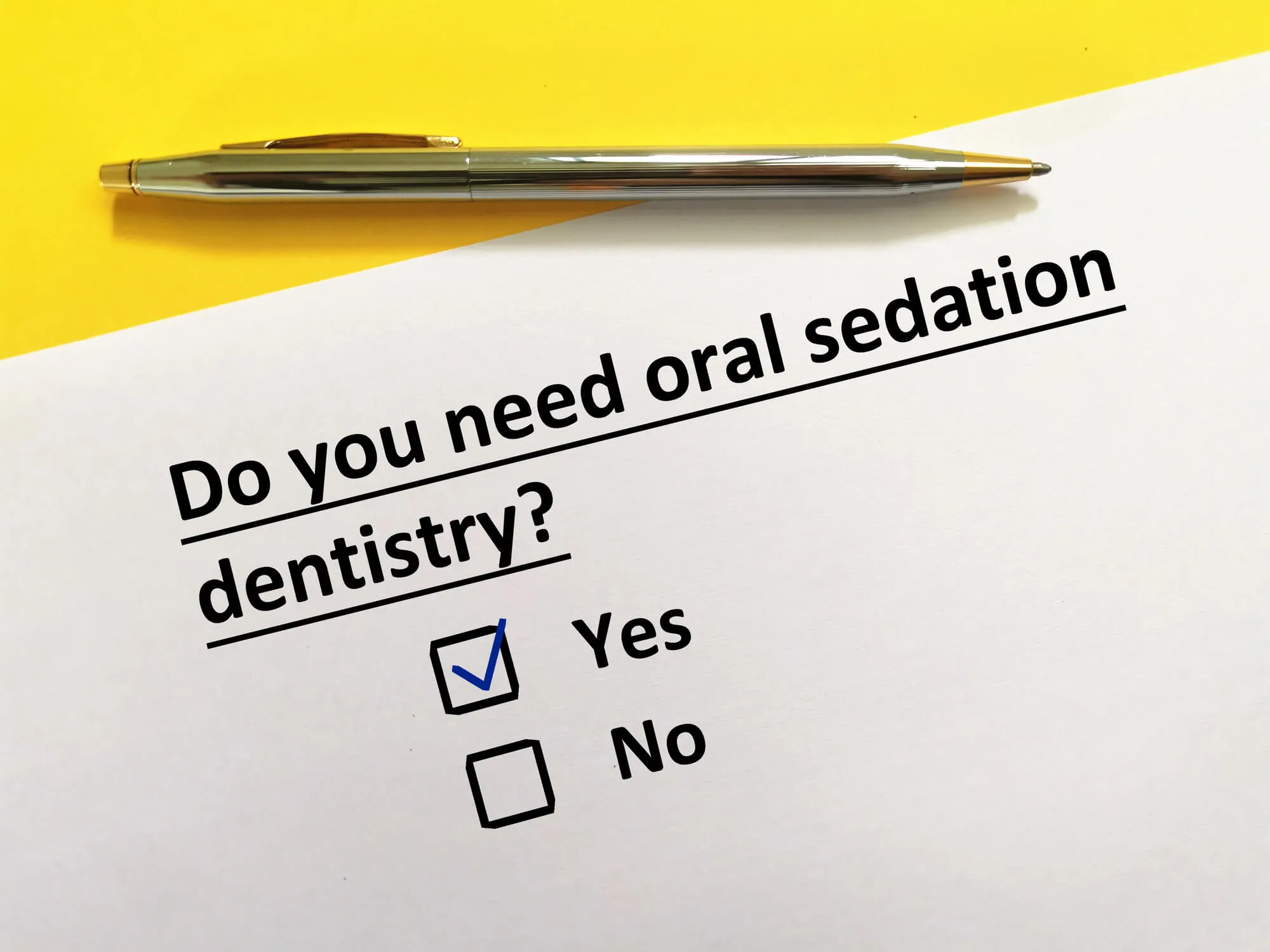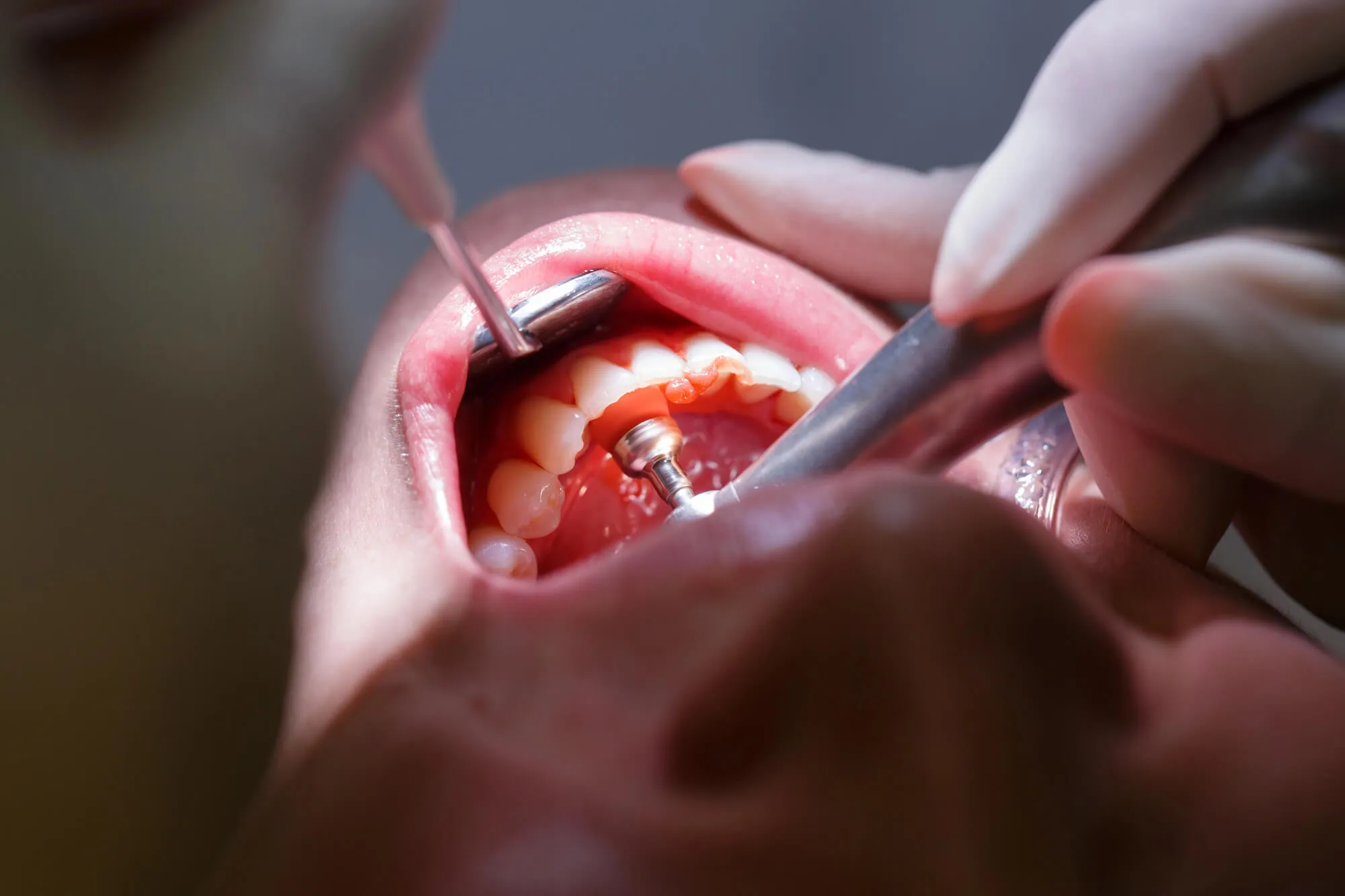How Poor Oral Health Affects Your Heart, Brain, and Body

Brushing and flossing might seem like small habits, but their impact goes beyond fresh breath and a bright smile. Poor oral health is linked to serious conditions, including heart disease, stroke, diabetes, and cognitive decline. Many people don’t realize how much their dental health influences the rest of their body until problems arise.
If you're experiencing ongoing dental issues and need professional care, dentists who take Medicare in Fort Lauderdale can help you stay on top of your oral health before it affects more than just your teeth.

How Oral Bacteria Enter the Bloodstream
Your mouth is home to bacteria, some helpful and others harmful. When plaque builds up on teeth and along the gumline, harmful bacteria can thrive. If not addressed, gum disease (gingivitis or periodontitis) creates an entry point for bacteria to enter the bloodstream. Once inside, bacteria can contribute to inflammation, infection, and complications in other parts of the body.
Inflammation is the body’s response to infections or injuries. While temporary inflammation can help the body heal, chronic inflammation—often triggered by gum disease—can lead to long-term health issues. The more the immune system fights oral infections, the greater the risk of damage to the heart, brain, and other organs.
Oral Health and the Heart
Studies suggest that people with gum disease have a higher risk of developing heart conditions. While the exact relationship is still being researched, many experts believe that the connection lies in chronic inflammation and bacterial spread. The same bacteria responsible for gum infections can enter the bloodstream through tiny openings in diseased gum tissue. Once inside, these bacteria can trigger inflammation in blood vessels, leading to complications such as:
- Atherosclerosis (narrowed arteries): When oral bacteria enter the bloodstream, they can contribute to the formation of arterial plaque. This buildup hardens and narrows the arteries, reducing blood flow and increasing the risk of heart attacks and strokes.
- Endocarditis (infection of the heart’s lining): In some cases, oral bacteria travel to the heart, infecting its inner lining or valves. This condition is particularly dangerous for individuals with existing heart problems.
- Increased blood pressure: Chronic inflammation from gum disease may strain the circulatory system, contributing to high blood pressure and increasing the risk of cardiovascular disease.
Symptoms to Watch For
Gum disease often develops silently, but common warning signs include:
- Swollen, red, or bleeding gums
- Chronic bad breath
- Receding gumlines
- Pain or sensitivity when chewing
If you notice these symptoms, scheduling a dental checkup can help prevent further health complications, including heart-related issues.
The Impact of Oral Health on Brain Function
Can Gum Disease Contribute to Cognitive Decline?
Research has linked poor oral health to an increased risk of dementia and Alzheimer’s disease. Bacteria from infected gums can travel to the brain, triggering an immune response that may lead to neuron damage. This ongoing inflammation is believed to contribute to memory loss and cognitive decline.
How Oral Infections Affect Brain Health
- Bacteria in the bloodstream may trigger brain inflammation.
- Inflammation linked to gum disease is associated with cognitive impairment.
- Poor oral hygiene may contribute to plaque buildup in brain blood vessels.
Regular cleanings and checkups reduce the risk of gum infections and their potential impact on the brain.

How Oral Health Affects the Rest of the Body
Diabetes and Gum Disease
People with diabetes are more likely to develop gum disease due to their body’s reduced ability to fight infections. In turn, unaddressed gum disease makes it harder to control blood sugar levels, creating a cycle that increases the risk of complications.
- Inflammation from gum disease can raise blood sugar levels.
- Poor oral health can increase the risk of developing type 2 diabetes.
- People living with diabetes and gum disease are at a higher risk of severe complications.
Managing gum health through regular dental visits can help people with diabetes maintain better blood sugar control.
Respiratory Issues from Poor Oral Health
Bacteria from the mouth can be inhaled into the lungs, increasing the risk of pneumonia and other respiratory infections. This is especially concerning for older adults and those with weakened immune systems.
- Aspiration pneumonia can occur when oral bacteria enter the lungs.
- Poor gum health has been linked to chronic obstructive pulmonary disease (COPD).
- Regular dental cleanings help reduce respiratory health risks.
Pregnancy Complications Linked to Gum Disease
Pregnant women with gum disease face a higher risk of premature birth and low birth weight babies. The inflammation caused by periodontal disease may lead to complications affecting both mother and child.
- Gum disease has been linked to preterm labor.
- Infection and inflammation can interfere with fetal development.
- Maintaining oral health during pregnancy lowers the risk of complications.
How Tooth Infections Affect the Immune System
Chronic oral infections force the immune system into overdrive, making it harder to fight off other illnesses. The body prioritizes fighting gum disease and oral bacteria, potentially weakening its ability to combat viruses and other infections.
- Persistent oral infections can drain immune resources.
- Inflammation from gum disease may contribute to autoimmune conditions.
- Treating oral infections reduces overall immune system strain.
Taking care of your teeth and gums strengthens your immune system, allowing it to fight off other threats more effectively.
How Regular Dental Care Supports Overall Health
- Routine Checkups Keep Bacteria in Check
Professional cleanings remove plaque and tartar, reducing bacterial growth and lowering the risk of inflammation-related health problems. A dentist can detect early signs of gum disease and provide treatment before complications arise.
- Brushing and Flossing Protect More Than Just Your Teeth
A daily oral hygiene routine prevents bacteria from spreading beyond the mouth. Brushing twice daily, flossing, and using an antibacterial mouthwash help maintain oral health and prevent infections from developing.
- Managing Health Conditions Through Oral Care
If you have diabetes, heart disease, or another medical condition, maintaining good dental care can help manage symptoms and prevent further complications. Working with a dentist who understands the connection between oral and overall health can make a difference.

Looking For Dentists Who Take Medicare in Fort Lauderdale?
Oral health isn’t just about a great smile—it’s about protecting your heart, brain, and body from serious complications. If you need professional dental care, our dentists who take Medicare in Fort Lauderdale offer preventive and restorative treatments that support both oral and overall well-being.
At 1500 Dental, our team provides expert care tailored to your needs. Whether you need a routine cleaning, periodontal treatment, or restorative work, we’re here to help. Schedule an appointment today and take control of your oral health before it affects the rest of your body.













